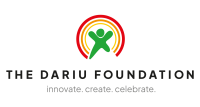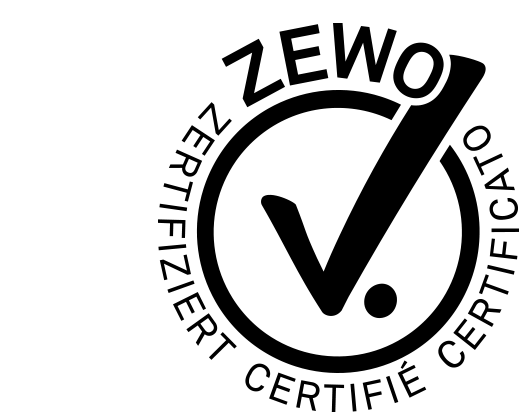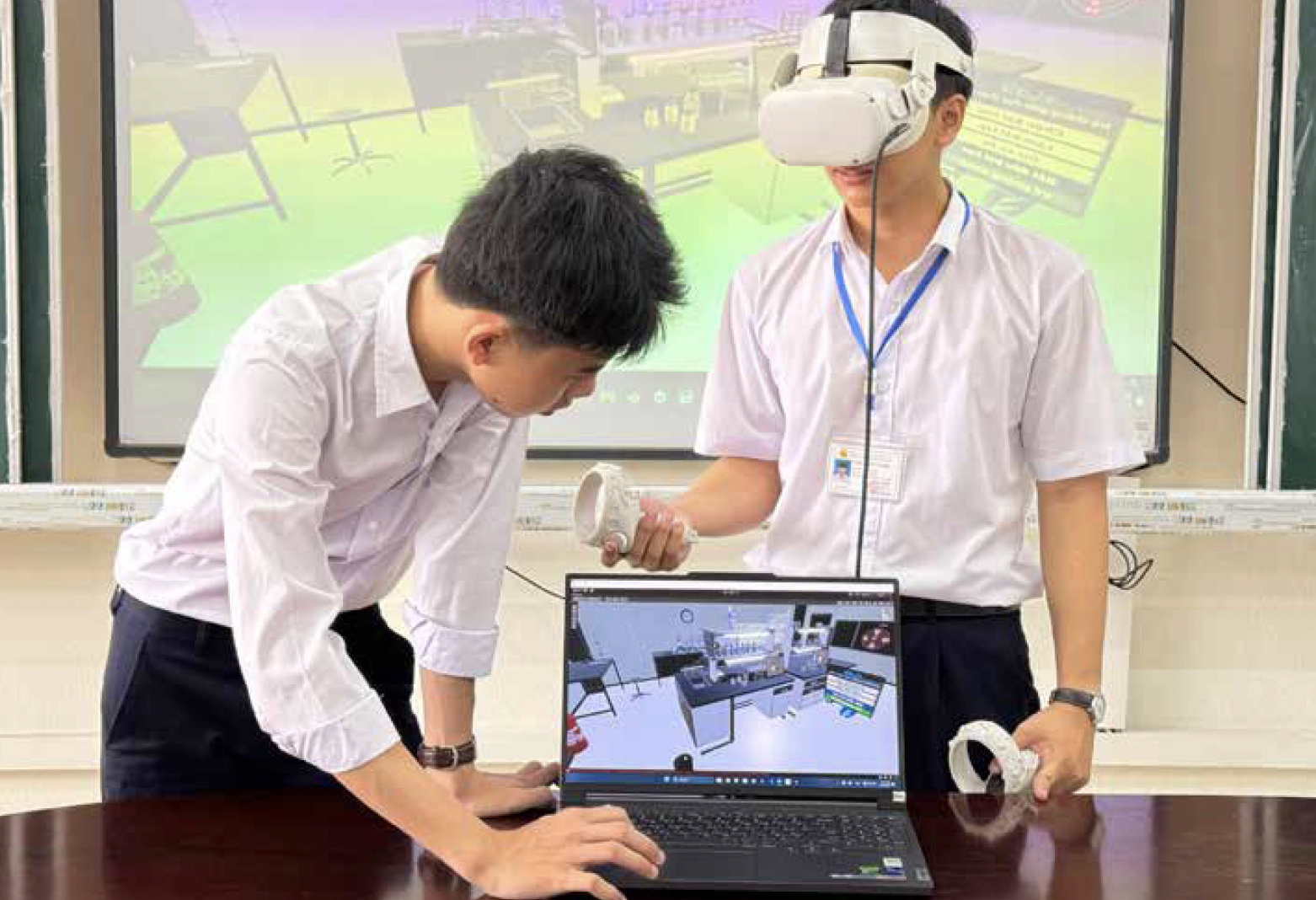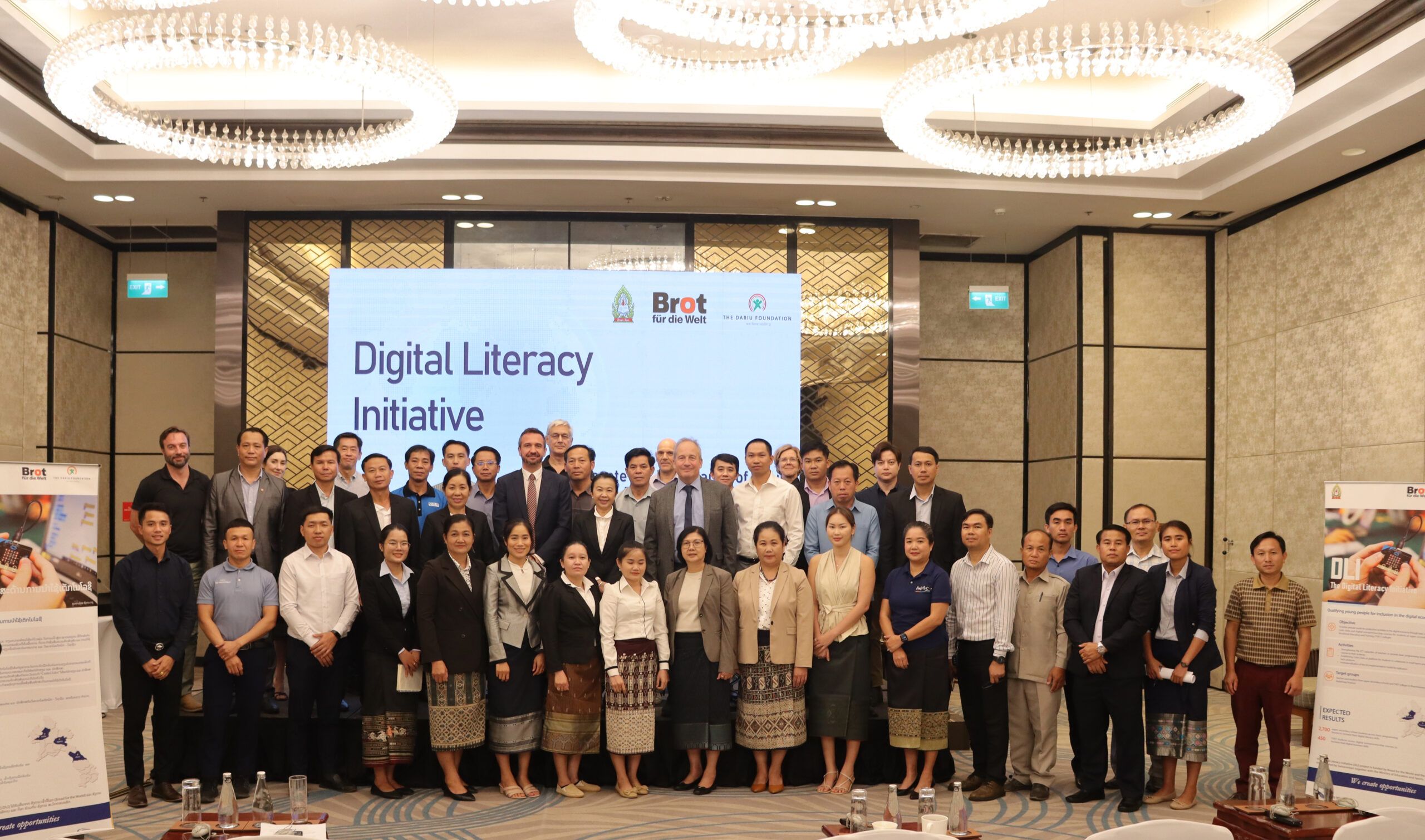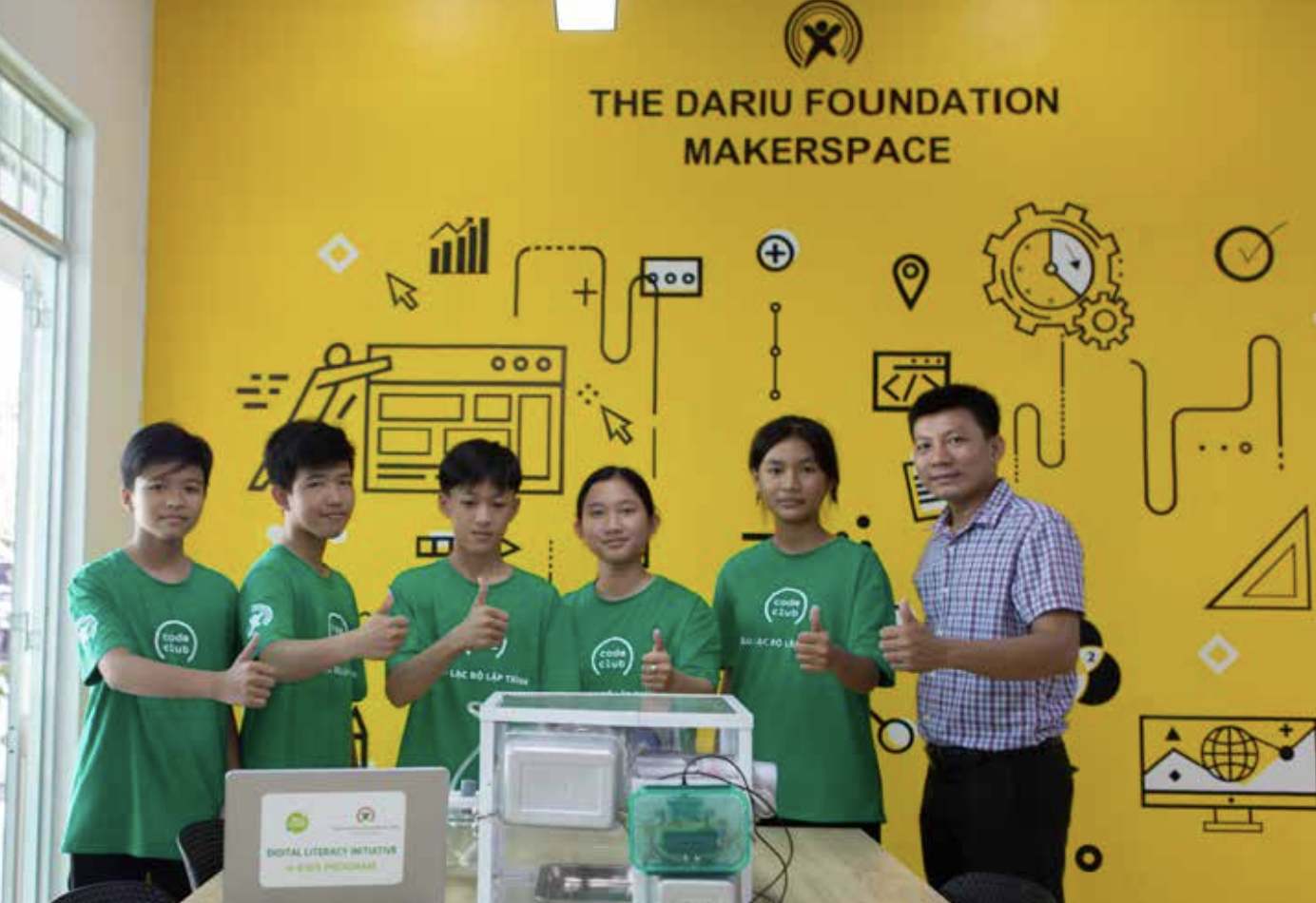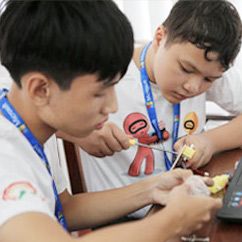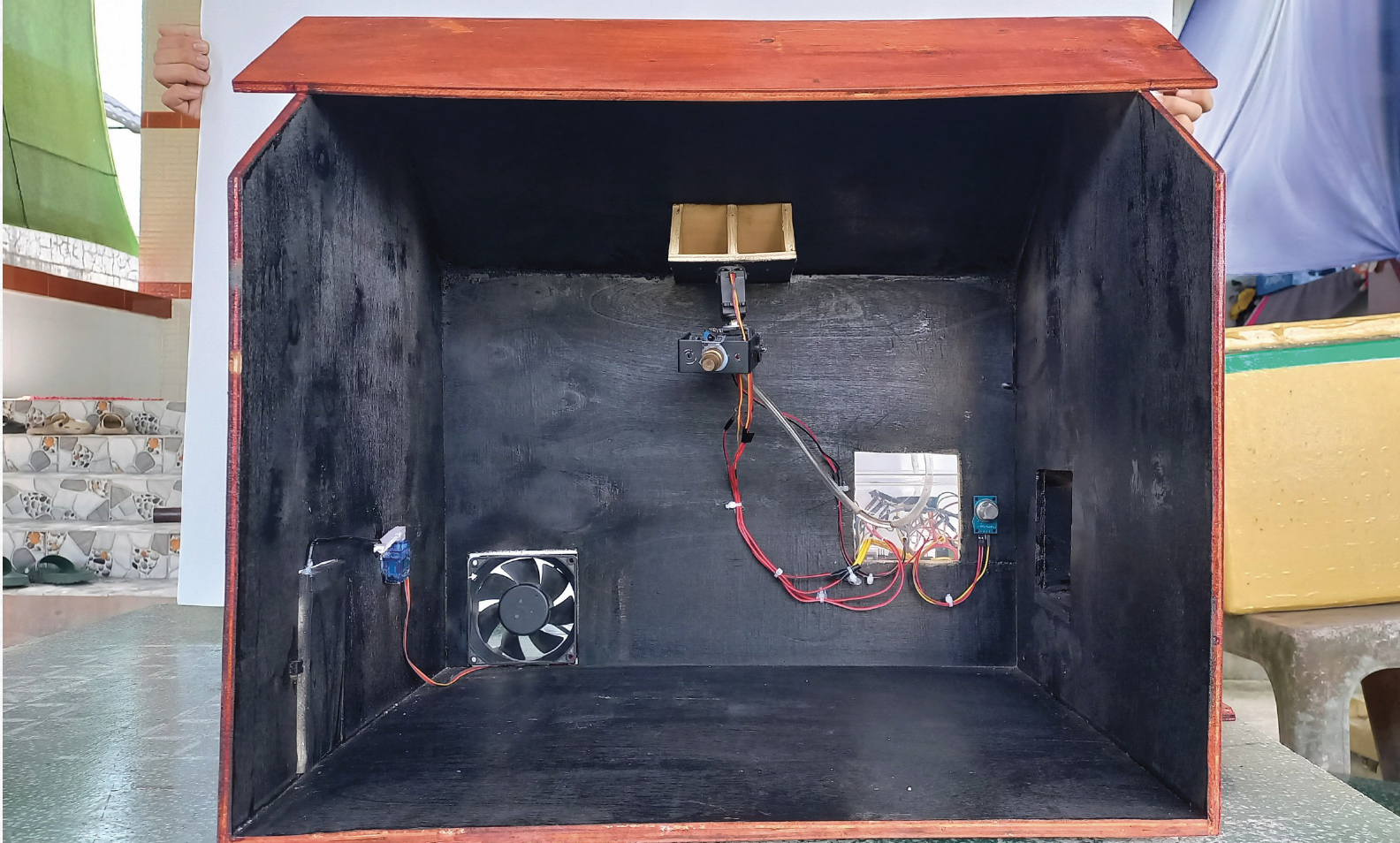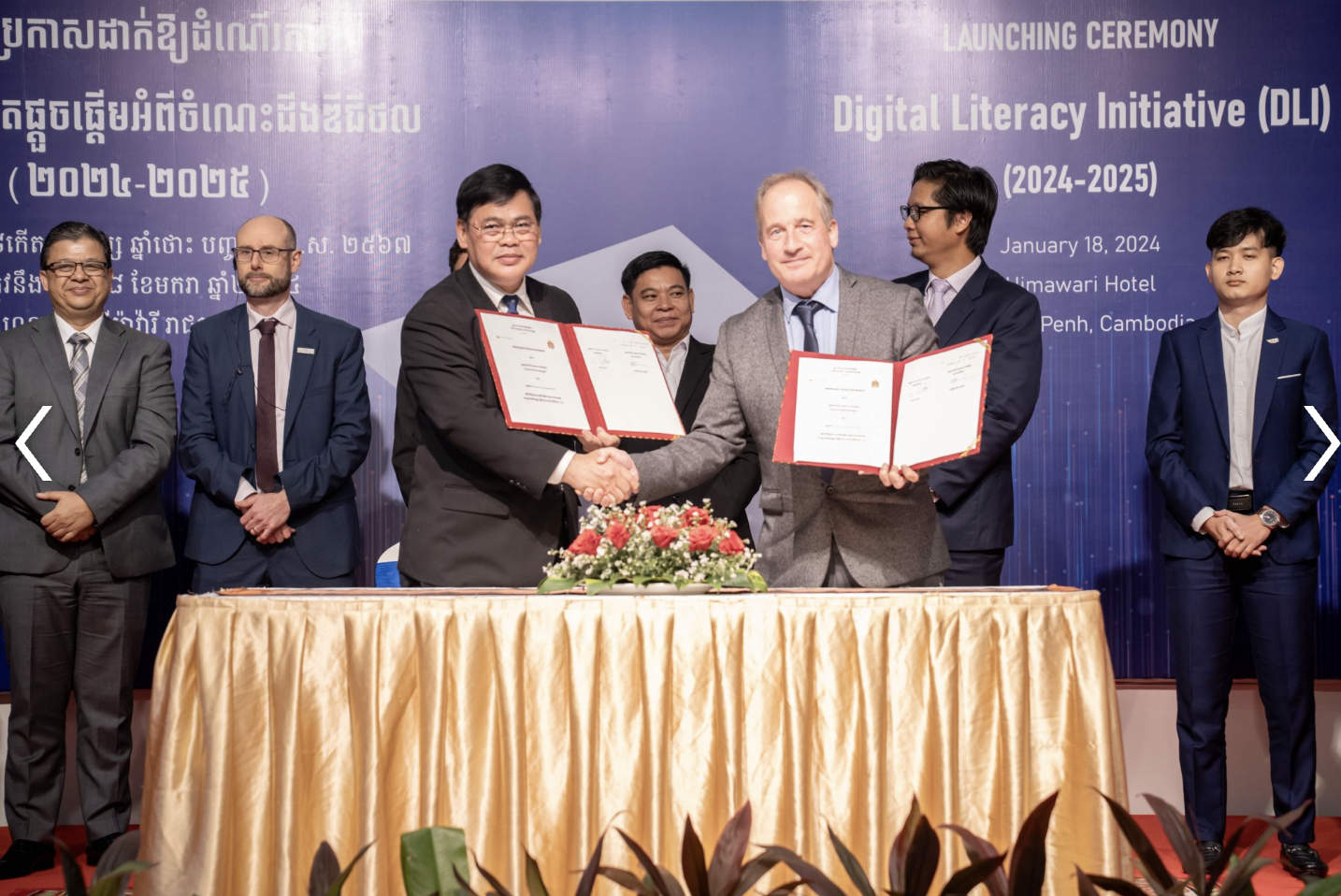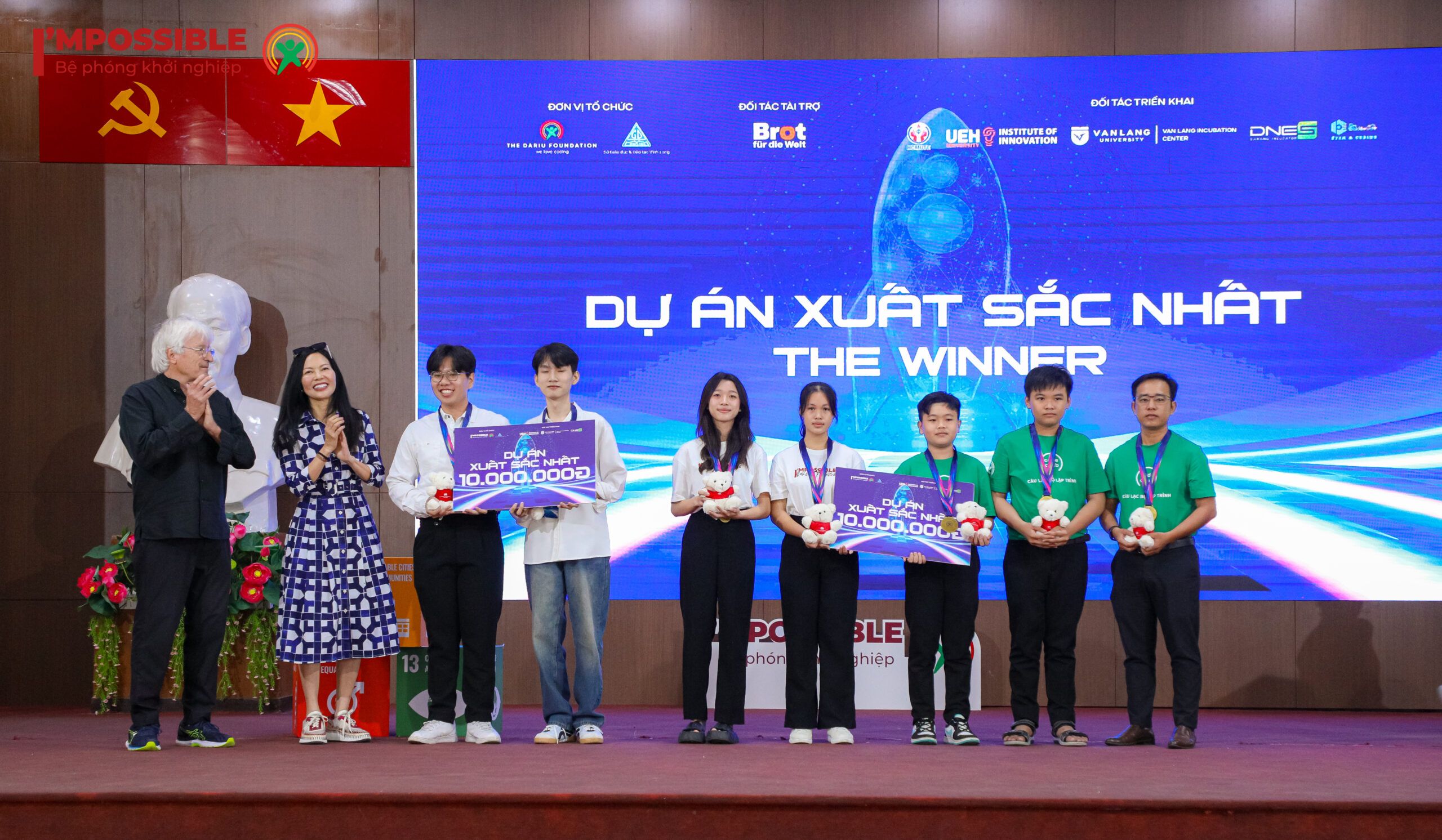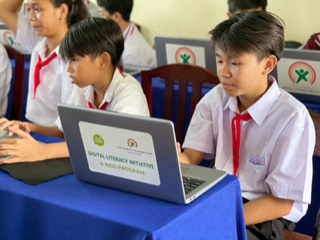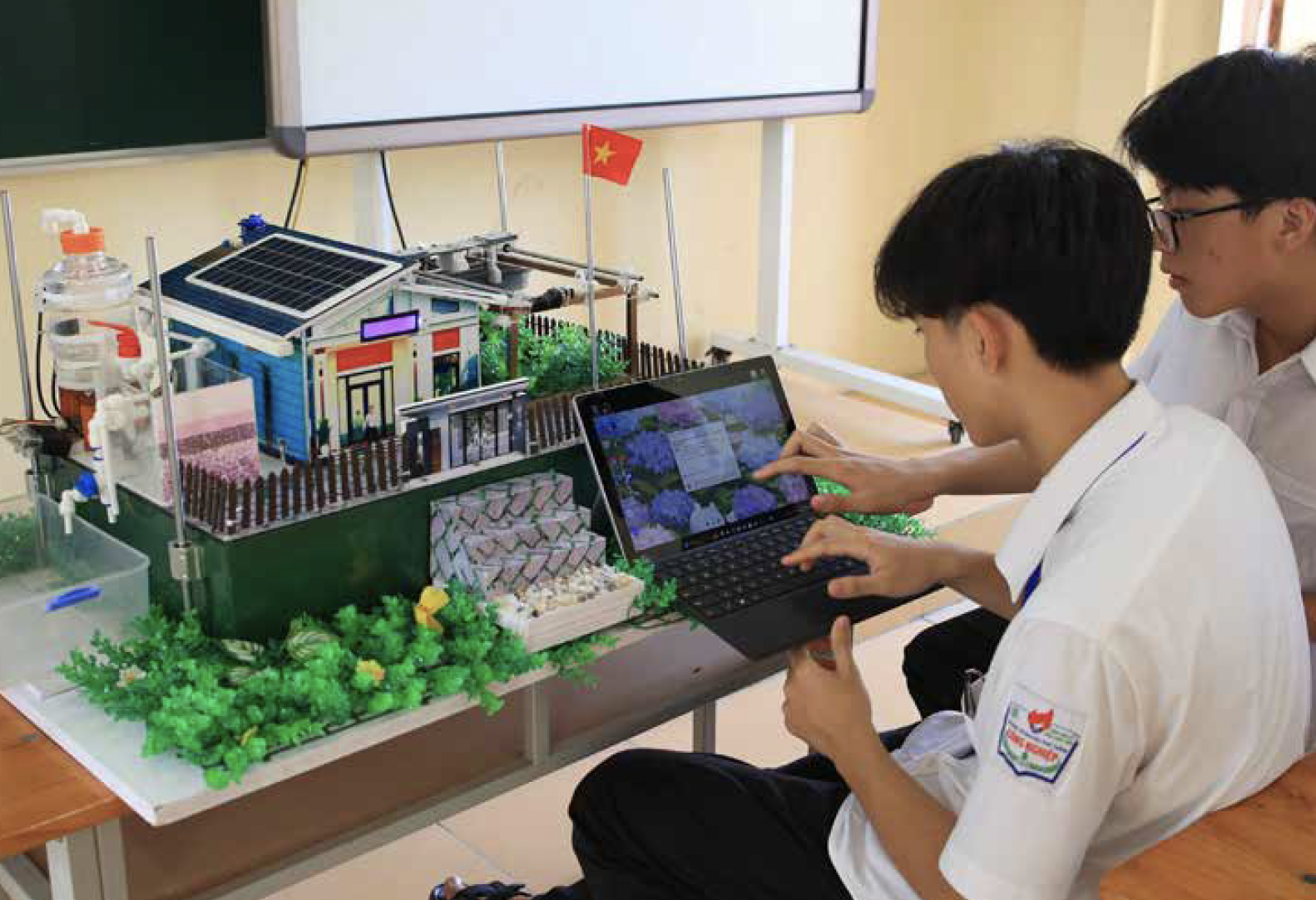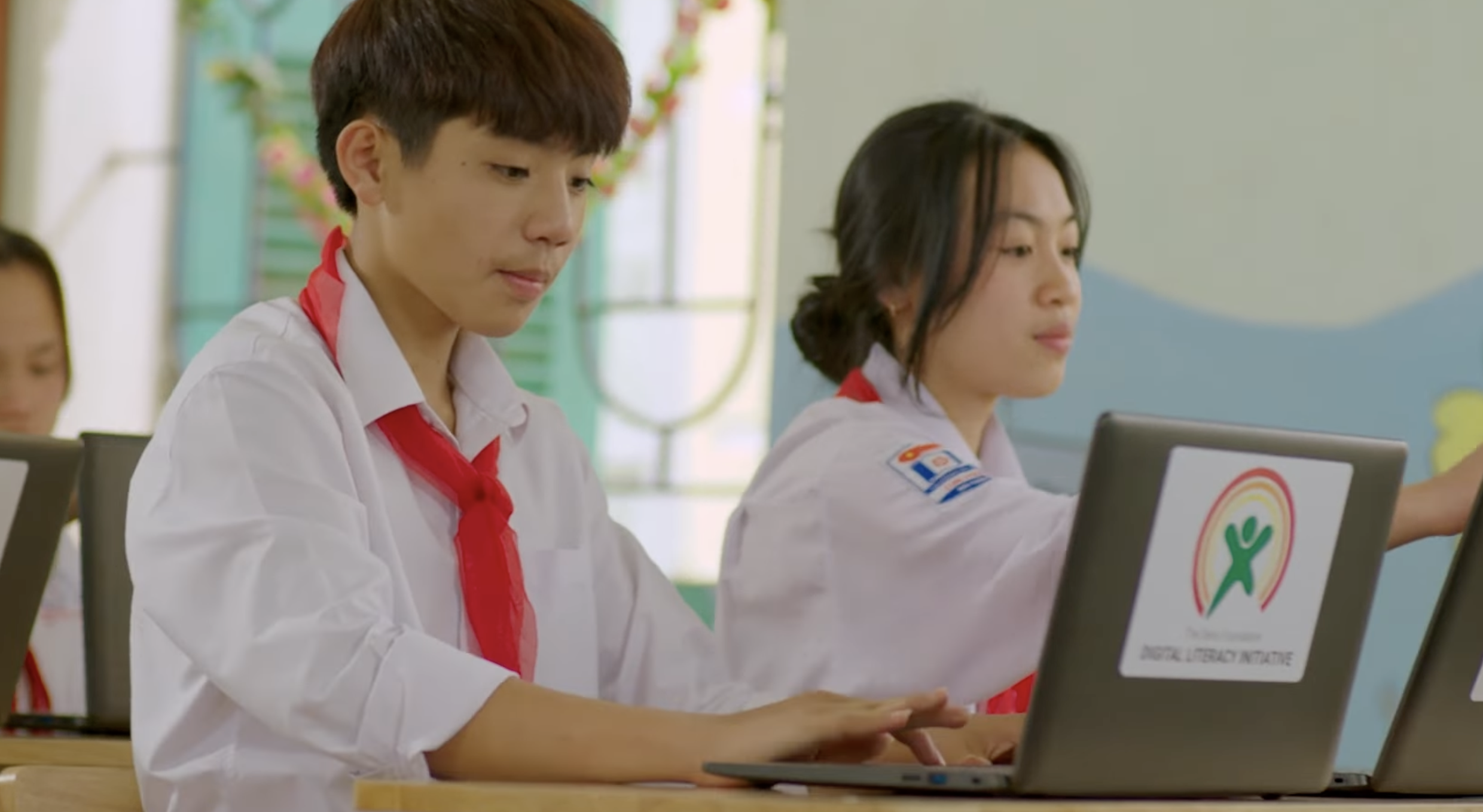ELAB – VIRTUAL REALITY FOR TEACHING AND LEARNING
Two students from Le Quy Don Specialized High School (Quang Tri) designed virtual reality (VR) software to provide a new and engaging learning experience.
Traditional methods often lack the visual appeal and interactive elements that resonate with young learners. In addition, some schools lack the resources to set up well-equipped laboratories or conduct certain experiments due to cost constraints. e-Lab steps in to fill this gap.
e-Lab simulates labs and classrooms for various subjects in a 3D environment and VR technology. Users can move, observe, manipulate and experiment with realistic experiences that represent elements that cannot be observed in the real world. e-Lab is built with outstanding features:
- Observe and interact with invisible quantities (force vectors, types of substances, etc.).
- Interact with objects at the cellular, molecular, and atomic levels
- Perform dangerous experiments or recreate objects that cannot be reproduced under normal classroom conditions
- Integrate an artificial intelligence virtual tutor to deliver lectures and answer students’ questions by voiceWhen users put on the glasses, they are transported to a virtual laboratory. In this virtual lab, chemical experiments, physical phenomena, or biological phenomena inside cells can be demonstrated.
